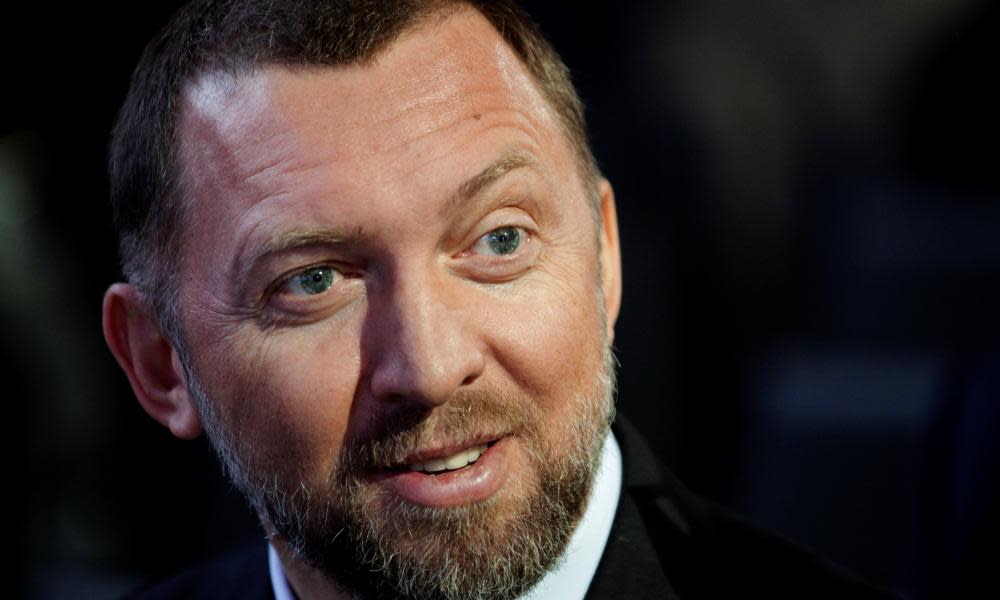UK urged to sanction 'top Putin oligarchs' as new powers take effect

Britain should target high-profile Russians with economic sanctions soon after so-called Magnitsky powers passed by parliament come into force, according to campaigners and MPs who supported the introduction of the legislation in the wake of the Salisbury poisoning.
Bill Browder called on the government to implement “swift and robust action” against individuals. The financier, who supports the introduction of sanctions against Russians accused of violating human rights, added that “top Putin oligarchs should be on that list”.
The campaigner and the CEO of the investment fund Hermitage Capital Management did not name oligarchs he believed should be targeted.
He said similar action in the US “definitely affected the psychology of Putin, and if the British government were to do anything less it would tell Russia it can keep killing people on British soil. The US has shown the way.”
The sanctions and anti-money laundering bill, which receives royal assent on Wednesday, contains a Magnitsky amendment, named after a whistleblower who died in custody in Moscow in 2009. It gives the UK the power to target individuals accused of “gross human rights violations” and seize their assets, raising the prospect of the British government acting shortly thereafter.
John Penrose, a Conservative backbencher and former minister, also said it was time for the UK to follow the US lead. “Given the extensive intelligence sharing and security co-operation between Britain and USA, if we don’t announce our own sanctions pretty soon it will look extremely odd. The UK needs to publish a British equivalent of the US’s list right now.”
The original Magnitsky list was introduced in the US under Obama, and enabled it to withhold visas and freeze the assets of individuals named. It originally cited dozens of individuals involved in the case of Sergei Magnitsky but has since been expanded to encompass other countries and many more individuals, who are prevented from doing business with US companies or citizens.
Britain is one of the last countries to introduce a similar approach, but at the beginning of May the Conservatives and Labour agreed to support a Magnitsky amendment in the aftermath of the Salisbury poisoning of Sergei Skripal and his daughter Yulia. The passage of the amendment was described by the foreign secretary, Boris Johnson, as “an important moment” that would “allow UK to act against those responsible for serious offences worldwide”.
On Monday, Johnson hinted that UK action could come soon and he was examining the approach taken by the Trump administration: “The truth is actually that I think the effect of some of those sanctions, particularly on some individuals, has been very marked and I’ve noted that, but we have our own systems and our own approach and we have to do it in accordance with the law and accordance with the evidence.”
The US version of the legislation sanctioned aluminium billionaire Oleg Deripaska. Since the US sanctions were announced Deripaska has said that he is prepared to give up a majority stake in EN+, a London listed holding company for his metals interests. The oligarch has also stepped down from the board of the company, whose share price tumbled after the Trump administration said it would target him.
In an unrelated hearing at the high court earlier in May, Deripaska denied the “alleged basis for the imposition of sanctions against me”.

 Yahoo News
Yahoo News 
